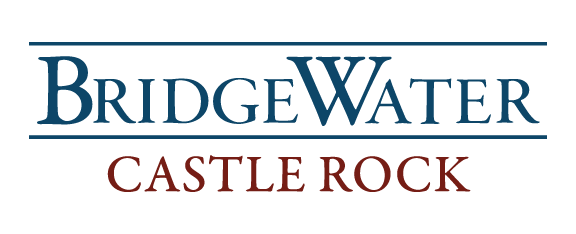
Costs and Financial Planning for Assisted Living
With 7 out of 10 seniors needing assisted living at some point in their lifetime, it’s wise to consider these costs in preparing for retirement. How assisted living costs is a question that needs a clear answer. Here at BridgeWater Assisted Living, we know that having a bright and vibrant future is not only possible but affordable.
You may not be ready to move to an assisted living community quite yet, but you might be curious about how much you’ll need to pay once it’s time. If you’re looking for more information on the costs of assisted living and how to plan and pay for it, keep reading.
The Costs of Assisted Living
If you run an internet search for “how much does assisted living cost,” you’ll get a wide range of answers. The nationwide average cost of assisted living hovers somewhere around $ 4,500 a month, but the actual costs depend on amenities and location.
A luxury assisted living community with lots of amenities in an area with a high cost of living is going to cost more. Still, higher costs and pricier real estate don’t always translate to a higher quality of life. Most assisted living communities offer affordable services and amenities that most people find desirable in a lifestyle. You don’t have to spend a lot of money on senior living to live comfortably.
If you’re close to retirement age, you may make those financial or physical moves sooner rather than later. Moving now to a location with a lower cost of living and closer proximity to a good assisted living community can be the first step.
Ways to Pay for Assisted Living
Depending on your financial situation, there are several ways to plan and pay for assisted living and ways to get assistance if you need it. One of the ways to pay for assisted living is through insurance.
Long-term care insurance is a policy that covers the cost of assisted living. The average cost of a long-term care policy depends on age and gender. For instance, a policy for a 60-year-old man can be $1200 a year, while a woman with the same policy will pay $1960 for the year.
It’s best to buy these policies as soon as possible. The earlier you buy them, the lower the premiums are, and the premiums will increase over time. The premiums for these types of policies can be tax deductible, so it’s important to consult with your accountant.
Cashing out or selling an existing life insurance policy is another option. This choice has some significant financial implications, so consulting with a professional financial advisor is strongly recommended.
If you own your home, you could use that equity to fund your assisted living costs. Sometimes, people sell their homes to pay for assisted living, but taking a home equity loan might be another option. A reverse mortgage for homeowners over the age of 62 is another option. Consult with your financial advisor or accountant, who will help you determine the right path.
Investments like annuities, trusts, and other financial assets can also help with the cost of assisted living. As we have mentioned, it’s best to consult a financial advisor familiar with your situation.
If you have a consistent source of income, you could pay for assisted living outright with your salary. Moving into assisted living can sometimes be more affordable than paying for a gardener, a housekeeper, groceries, and an in-home caregiver.
For those who qualify for Social Security Disability benefits, there is a unique program available. The Achieving A Better Life Experience or ABLE was created in 2014 to help those experiencing disability save money to help pay for expenses related to their needs, such as assisted living. Contributions can be up to $18,000 per year, and more information is available on the Social Security website.
Types of Assistance Programs for Assisted Living
Several programs are available for people needing assistance with paying for assisted living. Programs through Medicare like PACE, the Program for All-Inclusive Care for the Elderly, may cover some housing. You can find out more in the PACE manual.
Medicaid does provide some coverage for some assisted living, depending on what state you are in and what services you need. The State Health Insurance Program (SHIP) has offices in every state and counselors to help you navigate your state’s various Medicare and Medicaid offerings.
For veterans or surviving spouses of a veteran, you might be eligible for the Aid and Attendance benefits through the U.S. Department of Veterans Affairs. This benefit provides funds to help pay for assisted living costs for those who qualify. To find out eligibility requirements and apply, you can apply online.
Here in Arizona, we have a program called the Arizona Long-Term Care System (ALTCS) plan. Medicaid approved this plan to provide funds for assisted living for seniors who qualify. Residents of Arizona with certain income levels and needs are eligible to apply for this program. Filing an application is easy and can be done online or with assistance from an expert.
At BridgeWater Assisted Living, we are an approved provider for the ALTCS program, but we also offer an income-based program for assisted living. We have partnered with the Arizona Department of Housing to provide this program. You would qualify if you have an income of less than $3095 per month and need assistance with daily living. While you may never need assisted living, planning for something and knowing your options is always helpful. Our Community Benefit Advocates are always available to assist and can help guide you through your options when the time comes. Come take a tour of one of our beautiful communities and see what living well means to us.
